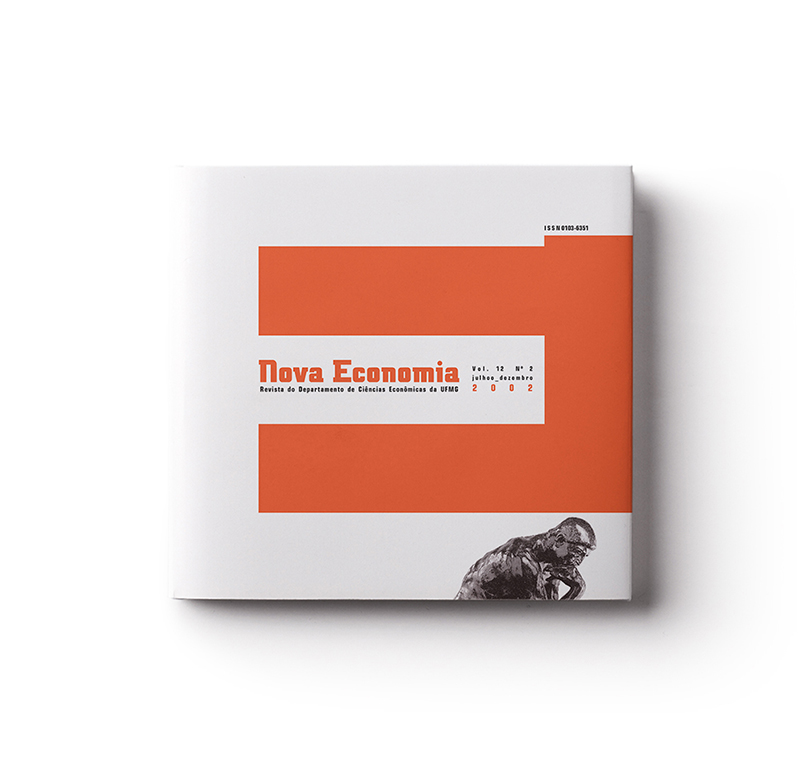The concept of degrees of uncertainty in Keynes, Schackle and Davidson
Keywords:
uncertainty, Shackle, knowledge.Abstract
The aim of this piece is to discuss in what extent one can find – in the works of Shackle and Davidson – an understanding of uncertainty capable of both comprehend the concept of probable knowledge and admit the existence of degrees of ‘true uncertainty’. Sharing the opinion of other scholars (Runde, 1990; Dow, 1995, and Dequech, 1997), we think that it is possible to find this definition of uncertainty in Keynes’s works, and so make a point to the understanding of uncertainty as a concept feasible to be graded. Moreover, we claim that this concept is not incompatible with the understanding of the social reality as a nonergodic process. To sustain this claim, we will discuss Davidson’s and Shackle’s views and show that in their writings there are some elements that support our main point.Downloads
Published
2009-05-29
How to Cite
CROCCO, M. The concept of degrees of uncertainty in Keynes, Schackle and Davidson. Nova Economia, [S. l.], v. 12, n. 2, 2009. Disponível em: https://revistas.face.ufmg.br/index.php/novaeconomia/article/view/399. Acesso em: 25 feb. 2026.
Issue
Section
Regular Issue
License
Authors who publish with this journal agree to the following terms:
- Authors retain copyright and grant the journal right of first publication with the work simultaneously licensed under a Creative Commons Attribution 4.0 International License that allows others to share the work with an acknowledgement of the work's authorship and initial publication in this journal.
- Authors are able to enter into separate, additional contractual arrangements for the non-exclusive distribution of the journal's published version of the work (e.g., post it to an institutional repository or publish it in a book), with an acknowledgement of its initial publication in this journal.
- Authors are permitted and encouraged to post their work online (e.g., in institutional repositories or on their website) prior to and during the submission process, as it can lead to productive exchanges, as well as earlier and greater citation of published work (See The Effect of Open Access).




